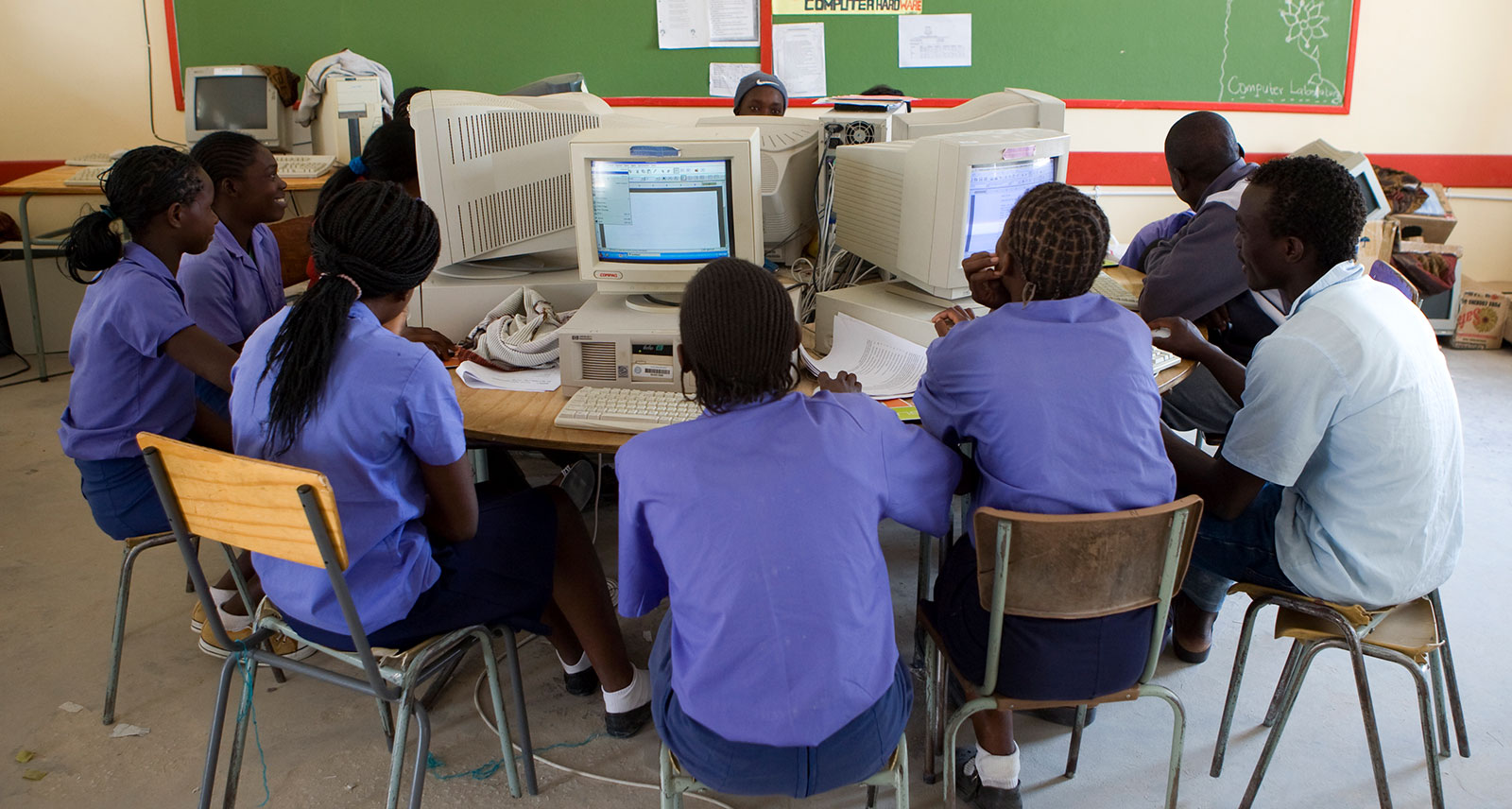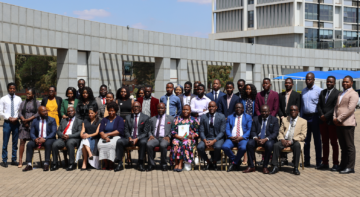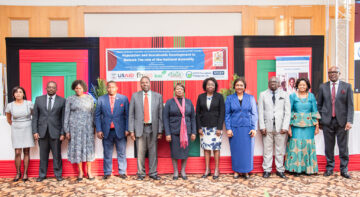Blogs

On September 4, 1994, the Cairo International Conference on Population and Development (ICPD) Parliamentarians meeting, with representatives from 179 governments, issue a declaration on population and development supporting the strategy of fully integrating population issues into all development planning policies and programmes. The ICPD Programme of Action emphasized the value of investing in women and girls and affirmed the principle of sexual and reproductive health and rights for all. This outlook shifted the emphasis of population policies away from slowing population growth to improving the lives of individuals, particularly women.
According to the Malawi National Statistic Office, Demographic and Health Survey (DHS) of 2016, between 2010 and 2016, the rate of pregnancy among teenage girls in Malawi increased from 25% to 29%. Overall, one-quarter of all pregnancies… Cliquez pour tweeter This is a worrying trend and as a result, has negative implications for female education among other issues.
A study by a group of experts from the Faculty of Epidemiology and Population Health at the London School of Hygiene & Tropical Medicine showed that teenage pregnancy and school dropout rates have a two-way relationship; meaning that being out of school increases the risk of teenage pregnancy, while pregnancy also elevates the risk of dropping out of school. In Malawi, over half of the women who have never been to school became pregnant in their teens, compared to 32% of those with primary education, and 19% of those with secondary education according to the DHS. Both teenage pregnancy and school dropout often have similar root causes including early sexual debut, poverty, school performance, overage-for-grade, family circumstances and community norms and attitudes to girls’ education. These facts and figures are especially worrisome for a low-income country like Malawi and require urgent attention and interventions by policymakers in ending teen pregnancies which also perpetuate the poverty cycle.
In response to this and in aligning with the commitments made at ICPD Cairo ’94, AFIDEP is undertaking the ‘Initiative for Learning and Evidence to Address Teen Pregnancy in Malawi’ (I-LEARN), to better understand the causes of school dropout due to pregnancy in Malawi as well as best practices to prevent teen pregnancy and keep girls in school. In order to shed light on these issues and possible solutions, the initiative is exploring the prevalence of pregnancy among girls in school, effective interventions to prevent teen pregnancy among girls in school, as well as talking to teens, teachers, health workers, and other community members in focus group discussions and key informant interviews in two districts in Malawi – Dowa and Mangochi – to find out what their perspectives are on teen pregnancy and how best to address it.
At ICPD Cairo ’94, Governments agreed that that education is the single most important element on the road to equality and empowerment of girls and women. So far, findings from I-LEARN have shown that poverty is a major driver of both teen pregnancy among girls in school and of school dropouts. It was noted that families often struggle to pay for basic needs, including but not limited to school fees, school supplies, and boarding costs. In some instances, girls seek support from boys or men to meet these basic needs, after which they may be pressured into sex. In others, parents pressure or force their underage daughters to marry so that the groom can provide material support to the family, or simply so that their daughter will be supported by someone else. This indicates that greater efforts are needed in understanding and removing social and cultural barriers that hinder girls from completing school after pregnancy.
Unsurprisingly, some of the most effective interventions to prevent teen pregnancy were those that took a holistic approach and sought to keep girls in school by addressing some of these economic barriers to school attendance. For example, the Keep Girls in School (KGIS) initiative in Malawi, which ran from 2012-2018, included cash transfers and school support for girls such as “girls’ spaces”, among a range of other interventions such as investments in sanitation and hygiene in schools and building a college for teacher training. It is therefore important that in tackling the issue of teen pregnancy, policymakers must ensure that policies link economic and social factors in their efforts of improving the quality of life for girls in Malawi.
School by itself has been found to protect against teen pregnancy and school dropout – but what if the economic barriers to schooling are too great? While economic empowerment interventions are often viewed as unsustainable, our early findings indicate that simply educating teen girls and boys about sex, though important, is not enough to prevent teen pregnancy and school dropout – it is also necessary to address the larger context. For many girls in Malawi, that means addressing social, economic and cultural barriers.
As we celebrate World Population Day, we call attention to the unfinished business of the 1994 International Conference on Population and Development and recognise that reproductive health and gender equality are essential in achieving sustainable development.
Related Posts





